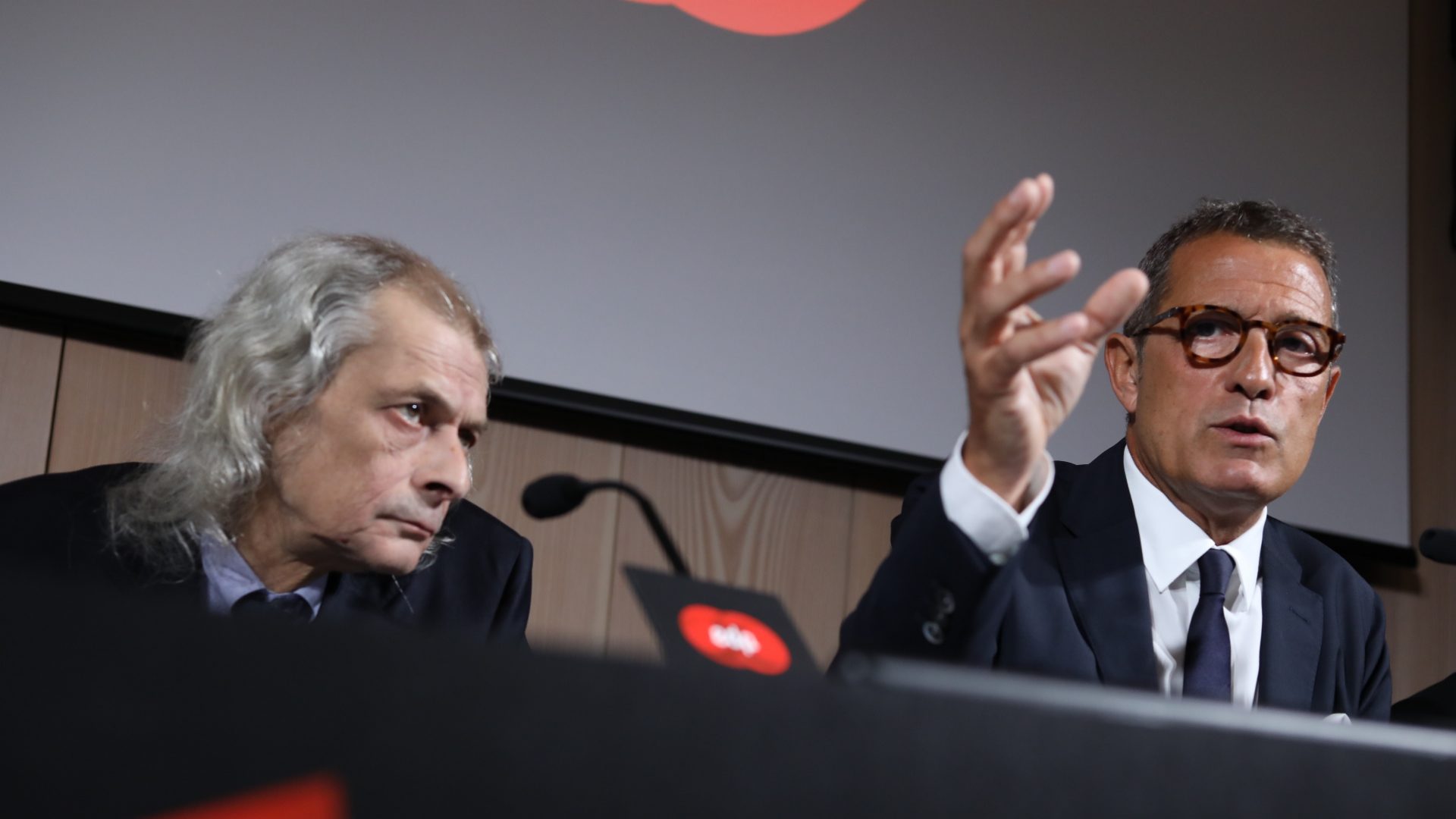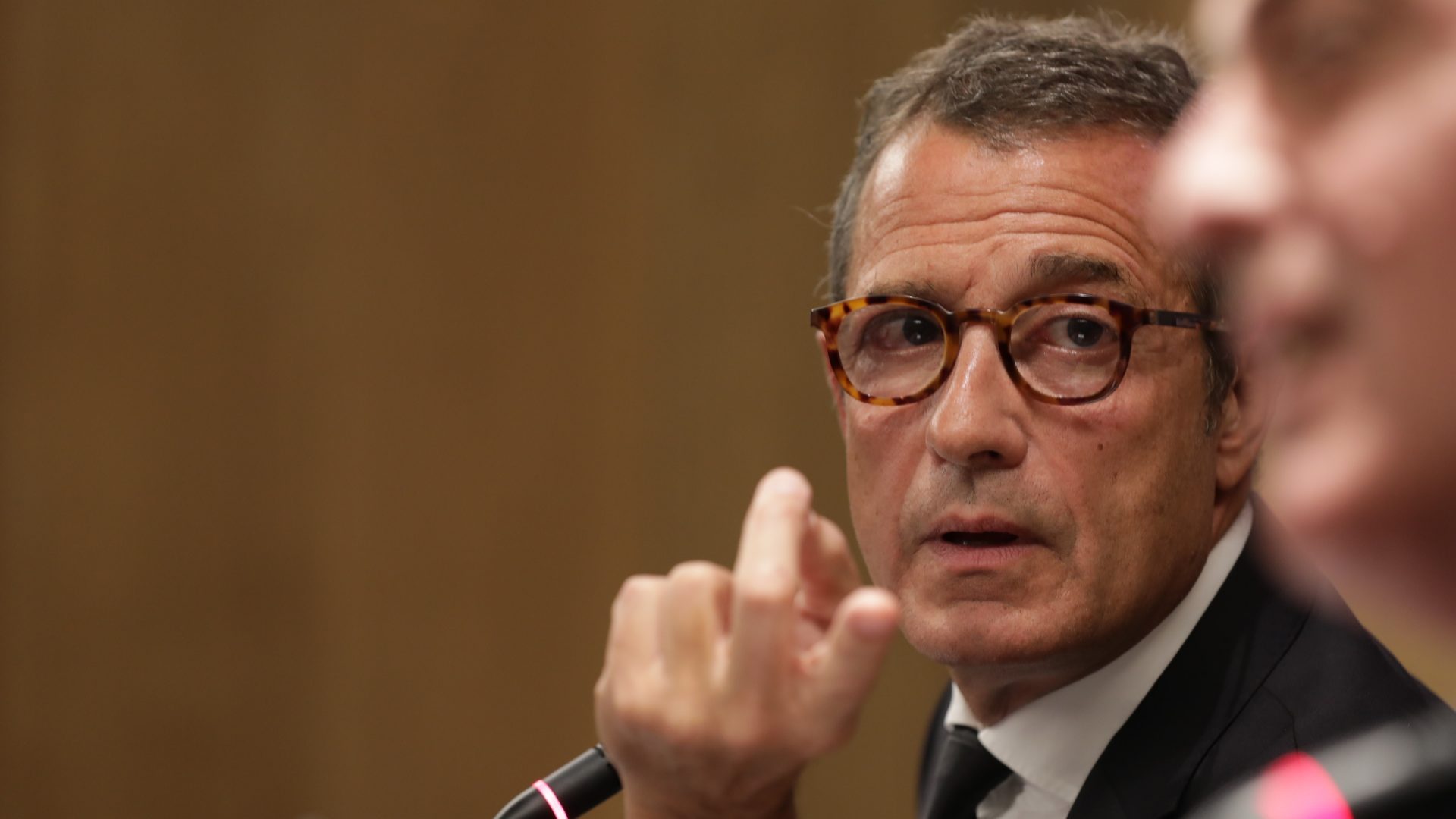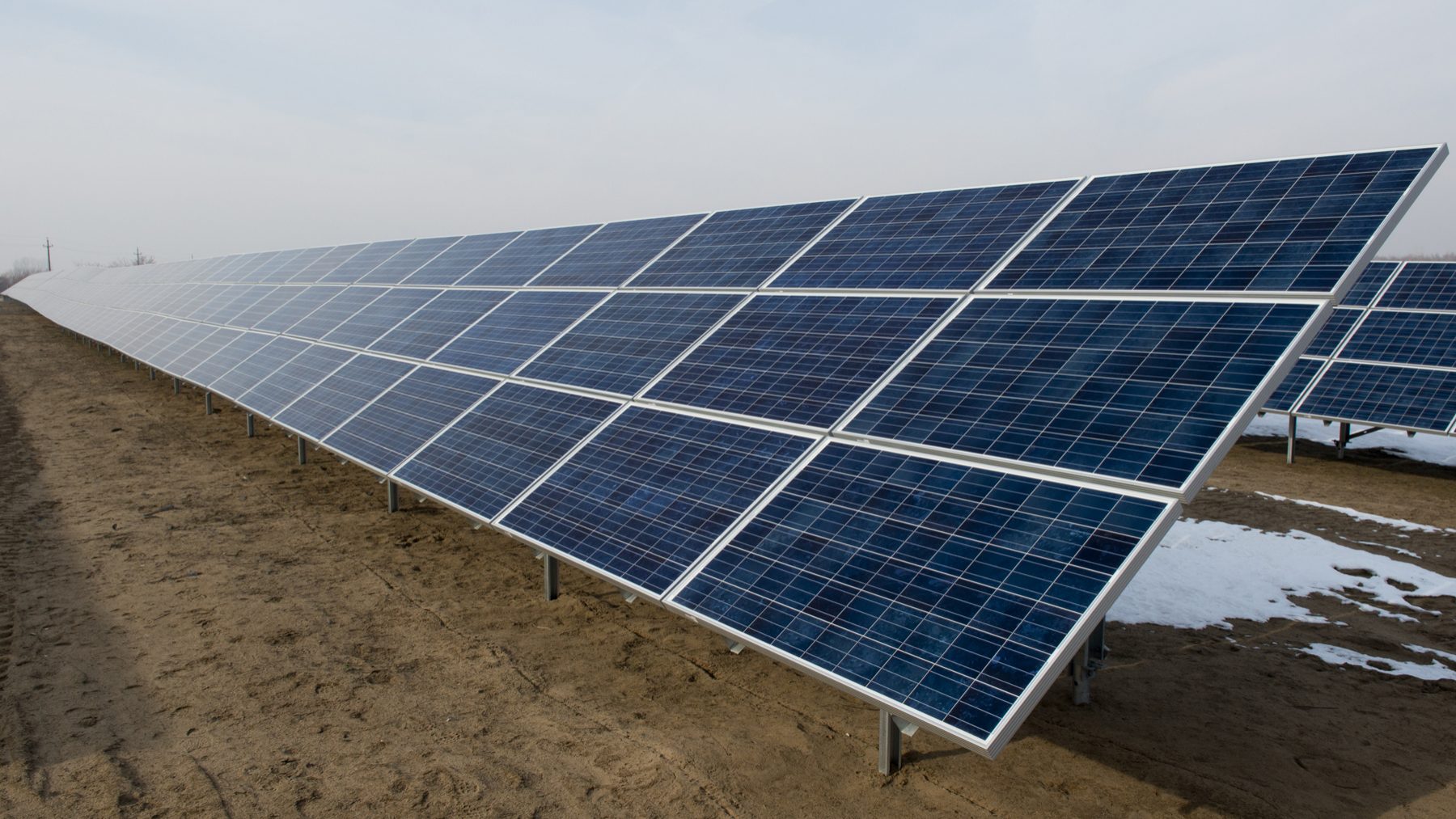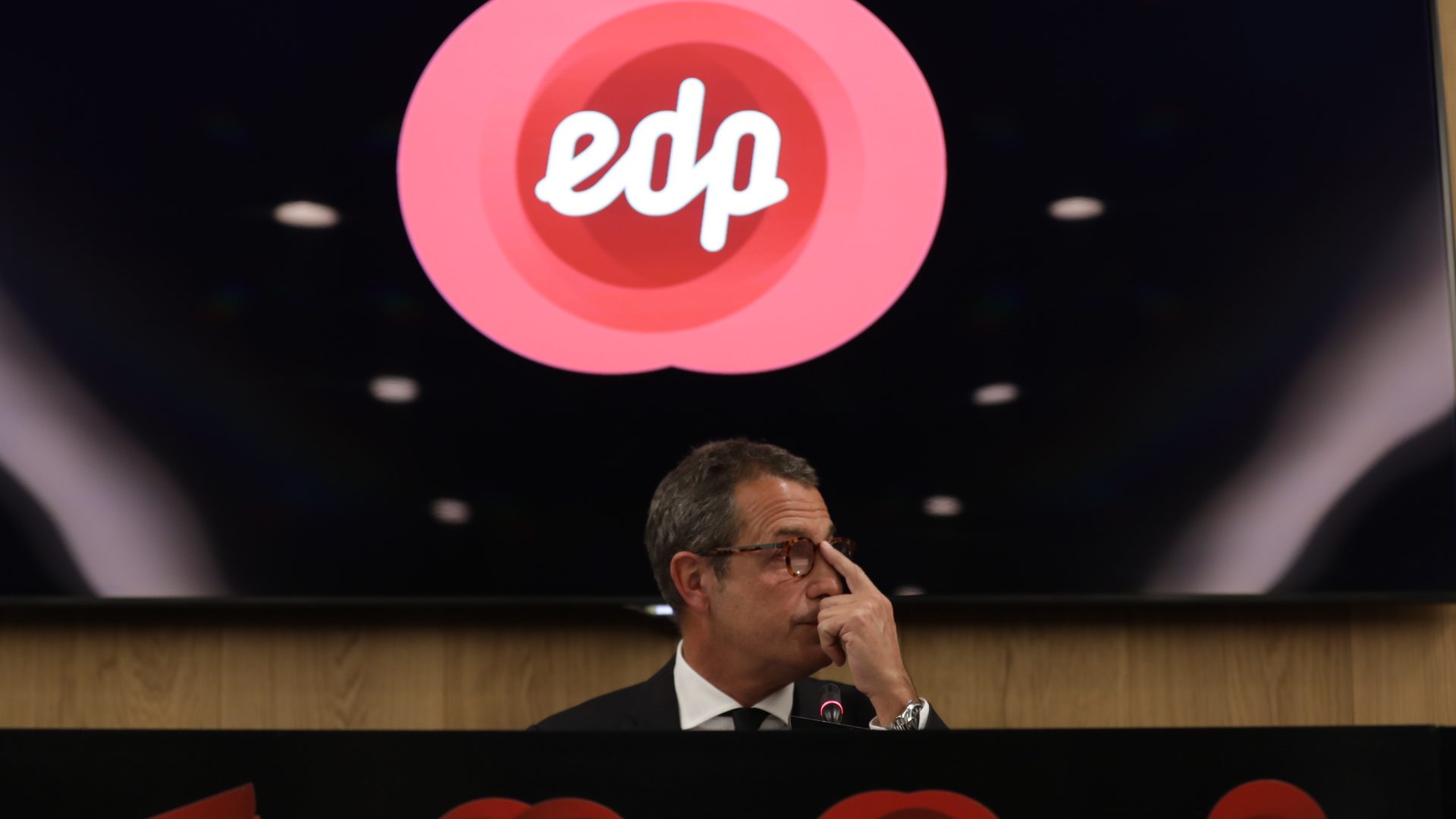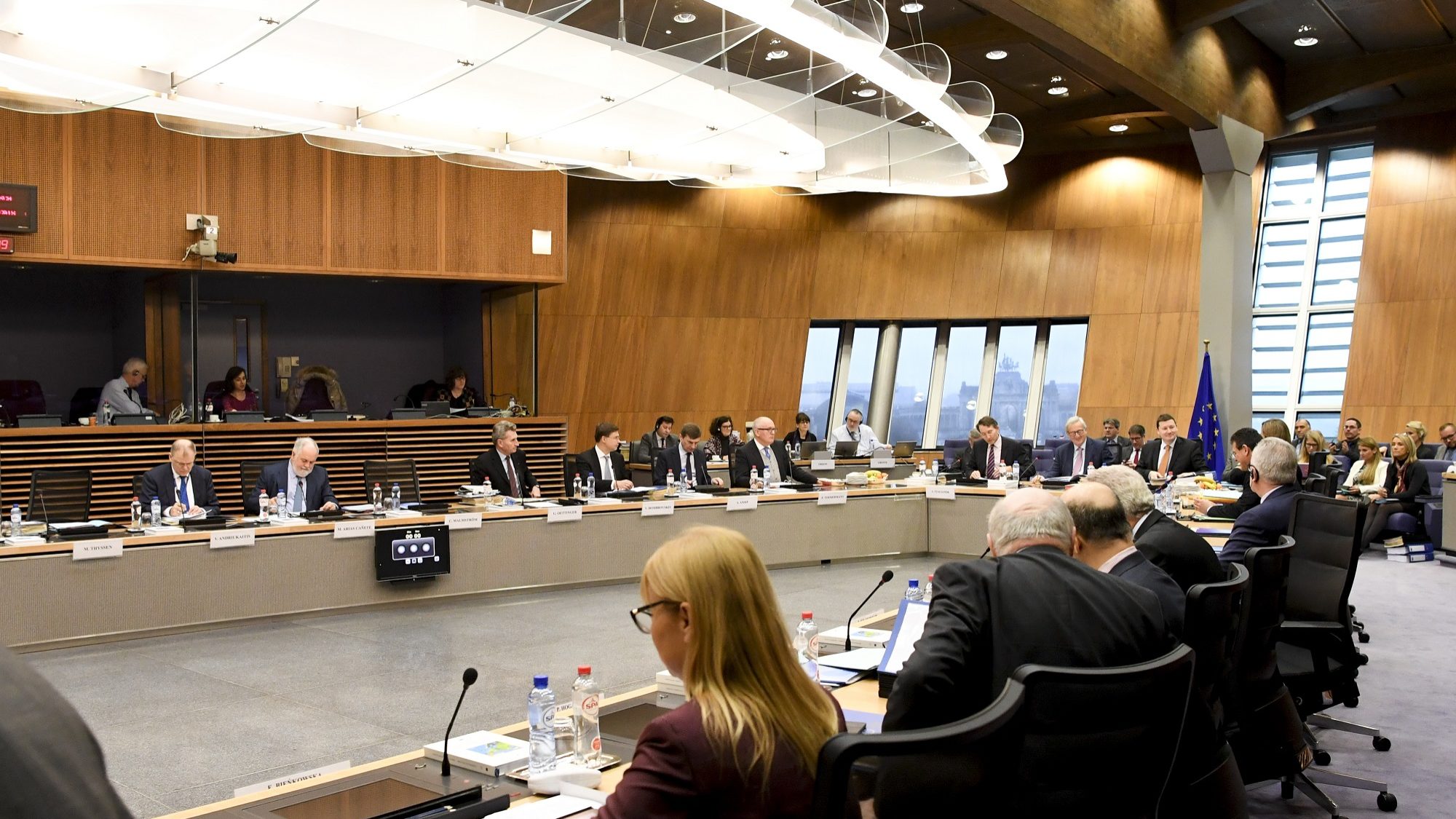China Three Gorges no longer talking to EU regulators over EDP takeover
According to news agency Reuters, China Three Gorges' interest in EDP might be waning, due to "the prospect of tougher EU regulations on foreign investment and higher electricity tariffs at EU level".
According to Reuters, the Chinese from China Three Gorges are no longer talking with the EU regulators in regards to their takeover bid to EDP.
Sources close to the company have said that the interest from the Chinese in the Portuguese company is waning, mostly due to “a combination of factors, including a leadership shake-up at the Chinese state-owned utility, the prospect of tougher EU regulations on foreign investment and higher European electricity tariffs”.
Also, according to the same sources, CTG has not yet resumed filling all the documentation required for finalizing the tender offer to EDP in Europe and the US — however, CMVM, the Portuguese Securities and Markets Commission said that “there are no signs the Chinese state-owned utility is preparing to abandon the deal”.
The tender offer was put forward on May 11, little over eight months ago. CTG already owns 23% of EDP’s capital, and they have proposed a takeover bid at €3.26 per share, in a business deal which is valued at nine billion euros.
China Three Gorges is also considering EDP’s subsidiary, EDP Renováveis, with an offer standing at €7.10 per share, but the success of this transaction is dependant on the overall success of EDP’s takeover bid.
An official source of the Chinese company, contacted by the news agency Reuters, confirmed that CTG “continues to progress with all regulatory filings, continuing to work with a full suite of advisors in discussions with the regulators in different jurisdictions and in the fulfillment of all the prior conditions for the launching of the voluntary tender offer for EDP”, adding that the current timings for those approvals are in line with other transactions, of the same complexity.
In order for the tender offer to be accepted by the Portuguese Securities and Markets Commission, the Chinese must obtain the necessary authorizations from all regulators in all relevant jurisdictions. Certainly, the biggest challenges they face are with the European and USA regulators.
At the European level, unbundling rules are not allowing for the same intervenient to own both energy distribution and energy production lines, and this is particularly complex in the Portuguese case, given that two companies, owned by the Chinese government already control REN (State Grid) and EDP (CTG). Meaning that the authorization for the takeover bid would go against this principle, therein jeopardizing the independence of REN as a manager of the country’s electricity.
On November 28, the European Union proposed new scrutiny rules for foreign investment in the region, a proposal which will be voted in February or March. The European Commission refused to comment on the matter.
“There is indeed a growth in the anti-Chinese sentiment“, a source from the banking sector told Reuters, “and I can see how this is discouraging CTG”, he added.
In the USA, things are not easy for Chinese investors either, especially after the news about Huawei’s espionage activity was leaked, at a time when tension between both countries was already very high due to the US-China trade war dilemma.
EDP also refused to comment on the news, but last Friday the leader of the Portuguese utility company, António Mexia, talked to CNBC, at Davos, during the World Economic Forum meeting, noting that, despite the “darkening” of the relations between these two countries, “It was a long process, [with] a lot of hurdles. We see the commitment of CTG with the offer, we see them doing what they need to do – but I think the environment EU and the US is a little bit more sour”, admitting that most of the obstacles to the takeover’s success are coming from issues with regulators from these two regions.
“We are now in a moment when we need clarity for regulatory matters”, Mexia told CNBC’s reporters. ” I want to be clear with our investors, we are doing what we need to do”, he added.
